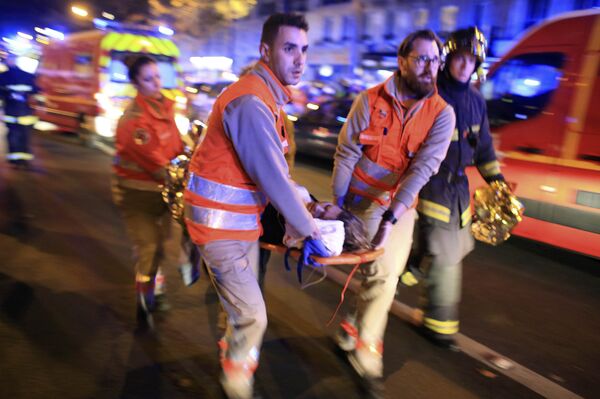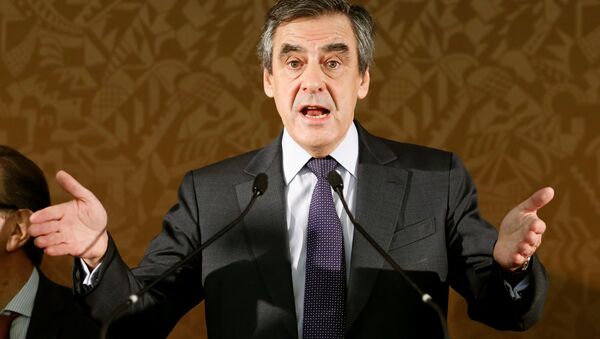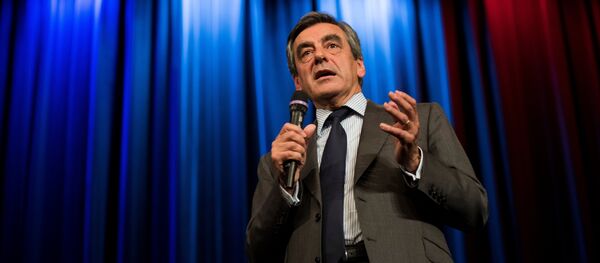Fillon defended his "more open minded" approach to Russia, telling a rally in central France: "[There is] no choice but to turn to the Russians and the Syrian regime to eradicate Islamic militants.
"I hear how the friends of my opponent are criticizing me of a willingness to normalisz our relationship with Russia with more cooperation and honesty. I will let them say what they want, but I will always use whatever means to protect the French but I will cooperate with all countries willing to take down [Daesh]."
Fillon's comments — which represent a new debate within France — are likely to gain support from many who see the incumbent President Francois Hollande as having failed to protect France from the threat of Islamic militants, who were behind the Charlie Hebdo and related attacks of January 2015, the Paris attacks of November 13, 2015 and other terrorist atrocities.
Juppe, on the other hand, follows the line of most other EU member states in supporting the departure of Syrian President Bashar al-Assad and backing sanctions on Russia over Ukraine.
European Council Conclusions #Syria pic.twitter.com/CizZLES1uQ
— EU in Syria (@EUinSyria) 21 October 2016
Russia, Syria, Britain Breakthrough?
Hollande — who is the most unpopular president in the Fifth republic's history — is highly unlikely to gain any ground in the presidential race because of his unpopularity over the stagnant economy, his attempts to revitalize it by the controversial reform of the French labor code, but — most importantly — because of Islamophobia and the threat from terrorism, which has dominated public opinion.

Fillon was French PM from 2007 to 2012, under President Sarkozy and is seen as an able reformer in the frame of Margaret Thatcher — a center-right, free market, small government politician.
If he were to become French president, not only would his views on Russia and Syria be significant — not least because of EU sanctions against Russia over Ukraine and anti-Assad sentiment within the EU — but his marriage to a Welsh woman, Penelope, could be pivotal in negotiations over Brexit.



